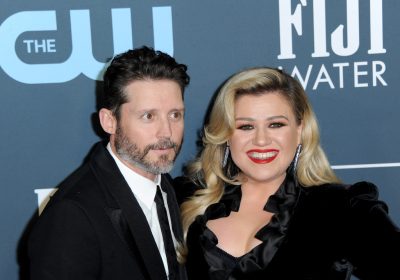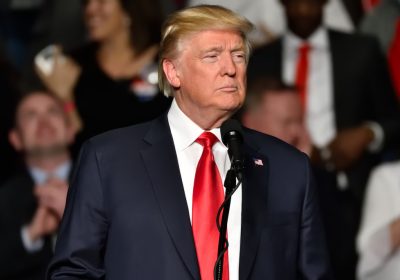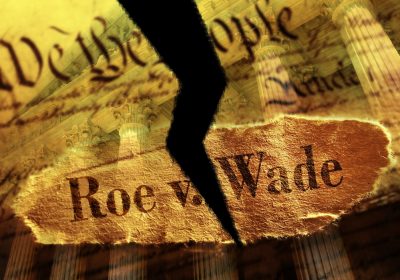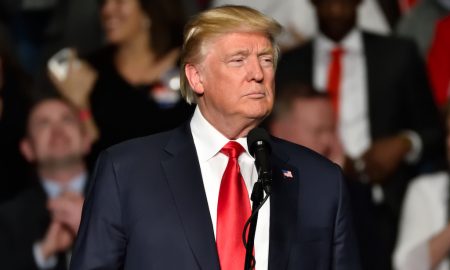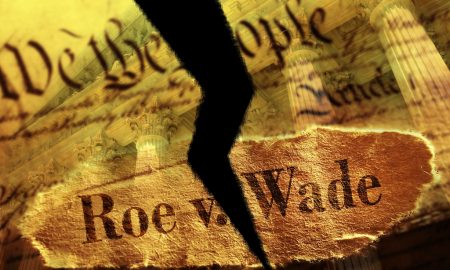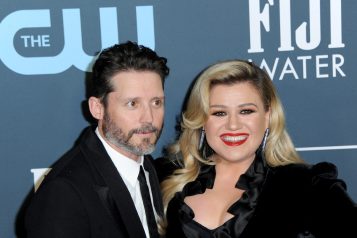Current serving Russian President, Vladimir Putin has had more of a tumultuous time in the papers than usual as of late after the International Criminal Court (ICC) issued a warrant for his arrest last week.
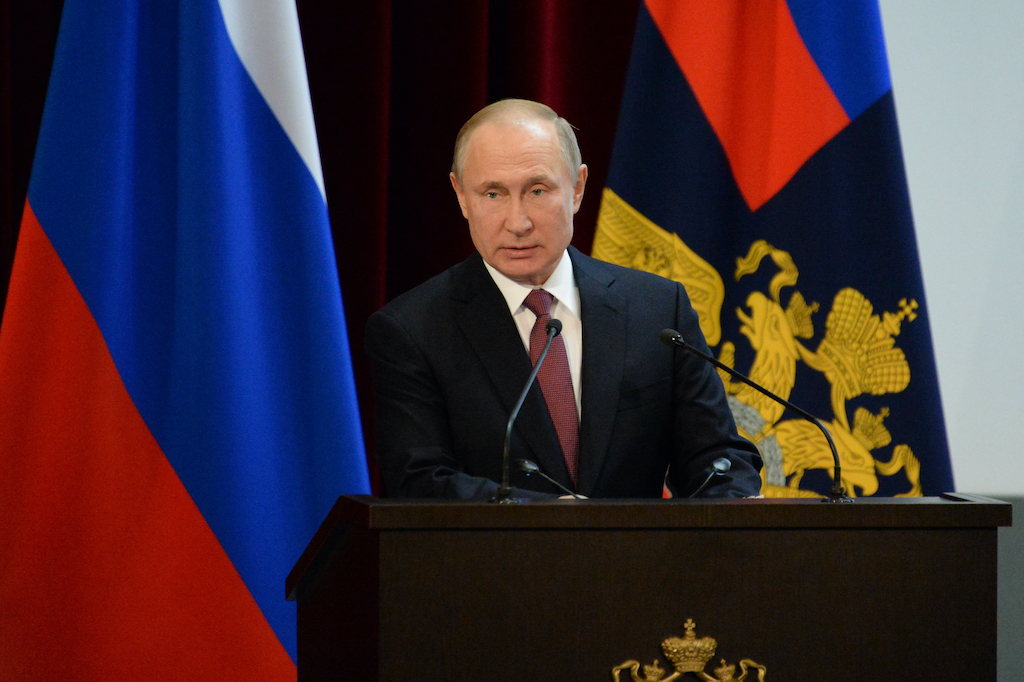
Photo Credit: Shutterstock
The ICC’s warrant deals with the accusation of war crimes, mainly involving the abduction and deportation of Ukrainian children since the Russian leaders widespread invasion of the neighboring country.
Well, what does this mean? Le’s take a step back and try to understand.
The International Criminal Court (ICC) is a permanent international tribunal established to prosecute individuals accused of committing war crimes, crimes against humanity, and genocide. The ICC has the power to issue warrants for the arrest of individuals who are suspected of these crimes, including heads of state or government officials. When the ICC issues a warrant for the arrest of a nation’s president, it can have significant consequences both domestically and internationally.
Domestically, the issuance of an ICC warrant for the arrest of a nation’s president can create political instability and unrest. It can lead to protests and demonstrations in support of the president, who may be seen as a victim of international interference. On the other hand, it can also galvanize opposition to the president, who may be seen as a criminal who needs to be brought to justice. In some cases, it may even lead to a change of government, either through democratic means or through a coup d’état.
Internationally, the issuance of an ICC warrant for the arrest of a nation’s president can have significant diplomatic repercussions. It can lead to the isolation of the country as other nations may refuse to engage with a leader who is accused of committing war crimes, crimes against humanity, or genocide. The country may also face economic sanctions, travel bans, and other measures designed to pressure the government into complying with international law. In extreme cases, it could even lead to military intervention by other countries or international organizations.
One notable example of the consequences of the ICC issuing a warrant for the arrest of a nation’s president is the case of Sudanese President Omar al-Bashir. In 2009, the ICC issued a warrant for his arrest on charges of war crimes, crimes against humanity, and genocide related to the conflict in Darfur. This led to international condemnation and pressure on the Sudanese government, including economic sanctions and travel bans. In response, the Sudanese government expelled aid organizations from the country, exacerbating the humanitarian crisis in Darfur. Al-Bashir remained in power until 2019 when he was ousted in a coup.
Another example is the case of Kenyan President Uhuru Kenyatta, who was indicted by the ICC on charges of crimes against humanity related to the violence that followed the 2007 presidential election. The indictment was later dropped due to lack of evidence, but it had a significant impact on Kenya’s relationship with the international community. The Kenyan government accused the ICC of meddling in its domestic affairs and threatened to withdraw from the court.
Along with Putin, Russian officials have dismissed the warrant issued from the ICC, deeming that the court’s rulings do not apply to them.
Haute Lawyer will be sure to update on any legal news around the matter.




